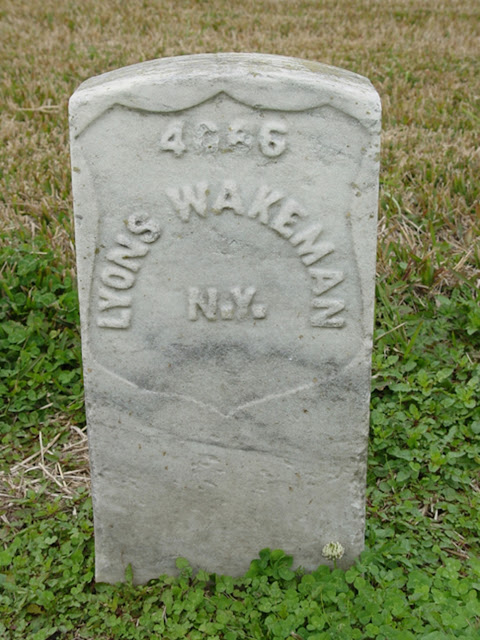In 1940, Jackson Doane, of Binghamton, unearthed a packet of letters, a ring and a picture in his family’s attic from Sarah Rosetta Wakeman, the older sister of Jackson’s great-grandmother. She was a family member that seemed to be little spoken about — and little known. In 1976, Jackson read those letters, discovering that they were letters of a woman passing herself off as a man while serving in the Civil War.
 |
| Portrait of Sarah Rosetta Wakeman. |
 |
| Some of Sarah Rosetta Wakeman’s letters home. |
Born in Afton, New York on January 16, 1843, Sarah Rosetta Wakeman was one of nine children raised on their families farm. She was one of the hundreds of women who disguised themselves as men in order to serve in the Union Army during the Civil War. Sarah Rosetta Wakeman enlisted under the name of Lyons Wakeman and served with Company H, 153rd New York Volunteer Infantry. At the time it was illegal for women to serve in the US Army, and Wakeman risked imprisonment to enlist.
In August of 1862, Wakeman decided to leave home disguised as a man due to her lack of potential suitors and to help alleviate financial pressure for her family. She initially found work as a boatman until she encountered recruiters for the 153rd New York Infantry Regiment. She enlisted on August 30, 1862 and her regiment departed for Washington, DC on October 17, 1862 where they served as guard duty in Alexandria, Virginia as well as on Capitol Hill.
 |
| Sarah Rosetta Wakeman in her uniform in 1863 |
 |
| Members of Sarah Rosetta Wakeman’s regiment in 1863 |
The command of the regiment was transferred in February of 1864 to Major General Nathaniel Banks. They were then sent to Louisiana to take part in the Red River Campaign in March 1864. The march was long and arduous, but Wakeman persevered.
Wakeman’s regiment saw action at Pleasant Hill, Louisiana on April 9, 1864. Wakeman fought alongside the men in her company as they beat back the Confederate Army six times. Unfortunately, the Union Army was forced to retreat back down the Red River, fighting more Confederate soldiers until they reached the safety of Alexandria, Louisiana in early May.
Wakeman passed away on June 19, 1864 at the age of 21 after becoming gravely ill. Remarkably, there is no record of her true sex ever being discovered, and she was buried under the name Private Lyons Wakeman at Chalmette National Cemetery near New Orleans.
 |
| Pvt. Lyons Wakeman headstone in the Chalmette National Cemetery |








awesome
ReplyDelete